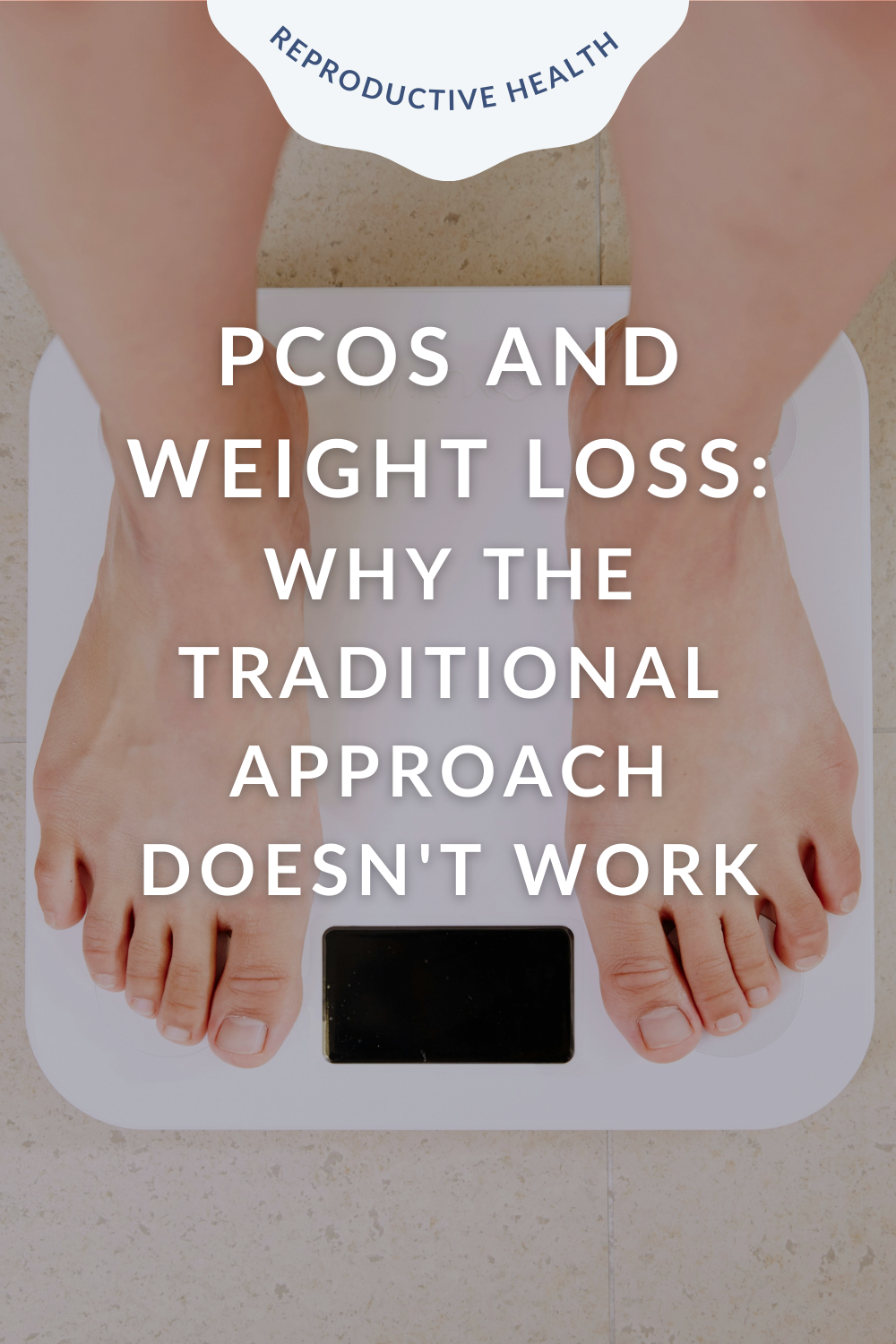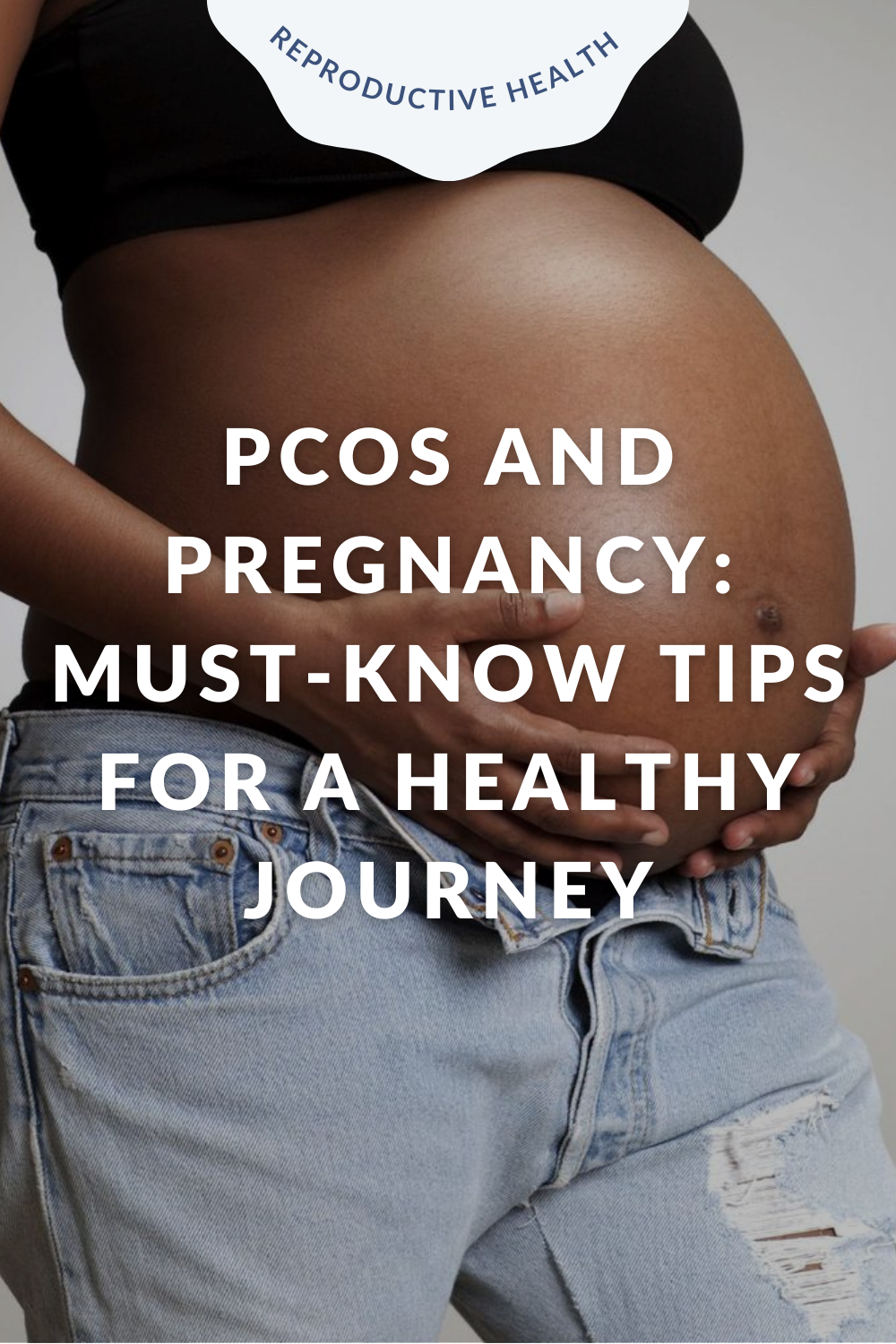Fatty Liver and PCOS: What’s the connection? (+ Nutrition Tips)
You’ve likely heard of “fatty liver” before - no surprise it’s the most common type of liver disease affecting 20% of Canadians.
There are two forms: Non-alcoholic Fatty Liver (NAFL) and the more severe Non-alcoholic Steatohepatitis (NASH).
Research suggests people with PCOS are more likely to have NAFL - but, not to fret, we do have some good news!
Lifestyle and nutrition can be effective in helping manage both fatty liver and PCOS.
What is Non-alcoholic Fatty Liver Disease (NAFLD)?
Hint: It’s in the name!
It’s exactly what it sounds like - not chalked up to alcohol consumption. It occurs when excess fat accumulates in the liver and exceeds 5% of its weight. Exactly why the excess fat builds remains unclear, but there are risk factors including health conditions like diabetes, high blood pressure, high cholesterol and insulin resistance.
NAFLD usually has no symptoms, but some people may feel abdominal pain/discomfort, fatigue and overall weakness.
Early detection of fatty liver is crucial and can prevent it from progressing into liver disease. But, the vague and often silent symptoms make it difficult to diagnose. The common diagnostic procedure for fatty liver is blood work of liver enzymes plus ultrasound in high-risk candidates. So if you have PCOS, diabetes, or insulin resistance, this is something that your doctor will likely monitor.
Non-Alcoholic Fatty Liver and PCOS
Is non-alcoholic fatty liver linked to PCOS? Apparently, a resounding yes. A national database that examined 50, 785, 354 people found that those with PCOS had a 4x greater risk of getting fatty liver than those without PCOS.
Unfortunately, research is still pretty limited so the exact relationship isn’t clear. However, it’s been proposed that common features in PCOS like insulin resistance and hyperandrogenism play a role through two mechanisms: 1) Hyperandrogenism increases liver fat accumulation in women and 2) Insulin resistance promotes increased fat storage on organs, including the liver, which may promote liver inflammation and damage. This is why it may also be common to see elevated levels of triglycerides in people with fatty liver and PCOS.
Is Non-Alcoholic Fatty Liver Reversible?
Good news - yes! Fatty liver can be reversed. Like we said earlier, early detection is key. Diet and lifestyle modifications are effective first-line management and treatment options.
Exercise for Fatty Liver and PCOS
Physical activity alone - with or without weight loss has been shown to improve fatty liver by decreasing triglycerides and inflammation, while increasing insulin sensitivity and liver fat metabolism (3). The recommendation is 150-200 mins per week of both aerobic and resistance training.
Find a form of movement you enjoy doing - this could be jogging, pilates, swimming or weight-lifting. Then gradually increase the frequency or intensity within a time-frame that works for your unique lifestyle. It’s easier to build a sustainable routine around an activity you enjoy!
Nutrition for Fatty Liver and PCOS
Mediterranean eating pattern
While there’s no “perfect” dietary pattern for Fatty Liver & PCOS, research has found that eating according to the Mediterranean Diet principles can reduce liver fat and increase insulin sensitivity. This involves mostly whole grains, legumes, fruits, vegetables, fish, nuts, seeds and some dairy.
The term “Mediterranean Diet” doesn’t resonate with your background? Not to worry, the great thing about this dietary pattern is that its principles can easily be recreated with your cultural foods. For me, this means steamed ginger fish with gai lan and red bean soup for dessert. What could it be for you? Our team of Registered Dietitians aim to provide culturally accessible nutrition care to our patients - so you can improve your health while including foods you love.Antioxidants like Vitamin E
Research links increased food sources of Vitamin E with reduced fat build up in the liver. Filling up on food sources high in Vitamin E like; nuts, seeds, spinach, pumpkin, and mangoes may be beneficial for those with fatty liver & PCOS.
As for Vitamin E supplements, it remains controversial. Some studies link 400-800 IU per day with reduced fatty liver markers. However, a review of clinical trials found supplementing with 400 IU or higher daily was linked to increased risk of death. Evidence is still limited and Vitamin E supplementation is not recommended for everyone - especially those on blood thinners, statins, or have diabetes.
Limit Fructose
Fructose is a single sugar - yes, similar to glucose! It’s found in foods like soft drinks, fruit juices, candy, and dried fruits. The not so good news - high fructose intake has been shown to increase fat build-up in the liver, inflammation, and insulin resistance. That’s why guidelines recommend reducing fructose intake to help with fatty liver and PCOS management. The key word here is reduce not eliminate - it’s not an all or nothing approach. Simply swapping out dried fruits or candies for more nuts and seeds is a great starting point.
Fatty Liver, PCOS and Nutrition - The Takeaway
NAFLD is a liver condition where fat accumulates in the liver. There is research to support that people with PCOS have a higher risk of having or developing NAFLD. Therefore, early detection and intervention is important to prevent disease progression.
Thankfully, NAFLD can be managed through lifestyle interventions. Increasing physical activity, adhering to a well-balanced diet with Mediterranean principles, eating more Vitamin E and limiting fructose can significantly improve NAFLD by reducing liver fat and increasing insulin sensitivity.
*This blog is for educational purposes only
Hi! I’m Trista
A Registered Dietitian and reproductive health expert. I’m here to help you gain confidence to overcome your Polycystic Ovary Syndrome and digestive health woes, while bettering your relationship with food.
CATEGORIES
Interested in more nutrition support to reverse fatty liver?
Work with our team of Registered Dietitians in 1-on-1 Nutrition Coaching Programs to receive personalized nutrition guidance, meal plans and messaging support to gain knowledge, confidence and clarity to build healthy eating habits that last.













